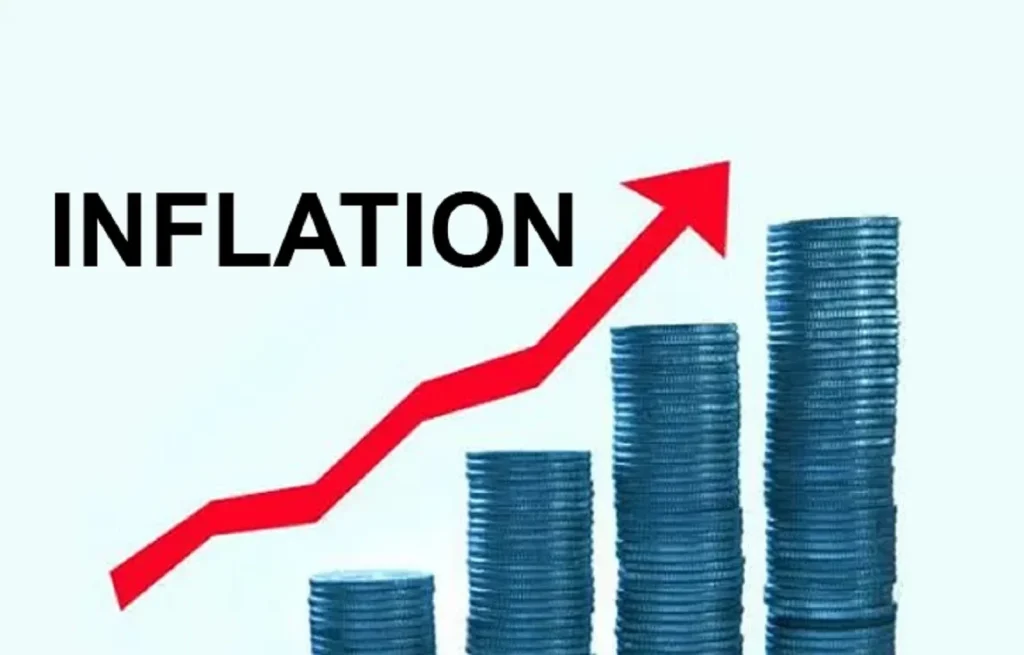The Lagos Chamber of Commerce and Industry (LCCI) has predicted that Nigeria’s inflation, which has risen for 15 straight months, will remain elevated into 2021 due to various economic pressures.
Inflation Driven by Structural Issues
According to Dr. Muda Yusuf, Director-General of the LCCI, the persistent increase in inflation is being fueled by:
-
Rising food prices due to supply chain disruptions
-
Insecurity across farming regions
-
High energy and transportation costs
- Foreign exchange (FX) scarcity
“A broad-based harmonisation of fiscal and monetary policies addressing these structural challenges will be key to easing inflation in the medium term,” Yusuf stated at the LCCI’s 2020 Economic Review and 2021 Outlook in Lagos.
Economic Recovery Hinges on Pandemic Control
Dr. Yusuf highlighted that the COVID-19 pandemic severely weakened economic performance in 2020 and warned that the second wave could further disrupt both the oil and non-oil sectors.
Bright Spots in Non-Oil Sectors
Despite the challenges, LCCI sees potential for growth in sectors such as:
-
Information and Communication Technology (ICT)
-
Financial Institutions
-
Agriculture
These sectors are expected to lead non-oil GDP growth in the short term. However, Nigeria’s compliance with OPEC output restrictions may limit the oil sector’s recovery.
Concerns Over Agriculture and AfCFTA Impact
The chamber also raised concerns about the agriculture sector’s vulnerability to increased smuggling, especially following the reopening of Nigeria’s borders and the implementation of the African Continental Free Trade Area (AfCFTA).
“The porous nature of Nigeria’s land borders combined with AfCFTA could lead to a surge in food imports if border controls are not effectively enforced,” Yusuf warned.
Security threats, especially in the North and renewed herder-farmer conflicts in the Middle Belt, Southwest, and Southeast, are also seen as major risks to local food production.
Nonetheless, the LCCI anticipates modest growth in the agriculture sector in 2021.
Inflation and Growth Projections
-
Headline inflation climbed to 14.89% in November 2020, up from 14.23% in October.
-
Food inflation surged to 18.3%, compared to 17.38% the previous month.
-
The Centre for Economics and Business Research (CEBR) forecasts Nigeria’s economy to grow by 2.4% annually between 2021 and 2025, before slowing to 2.2% between 2026 and 2035.






